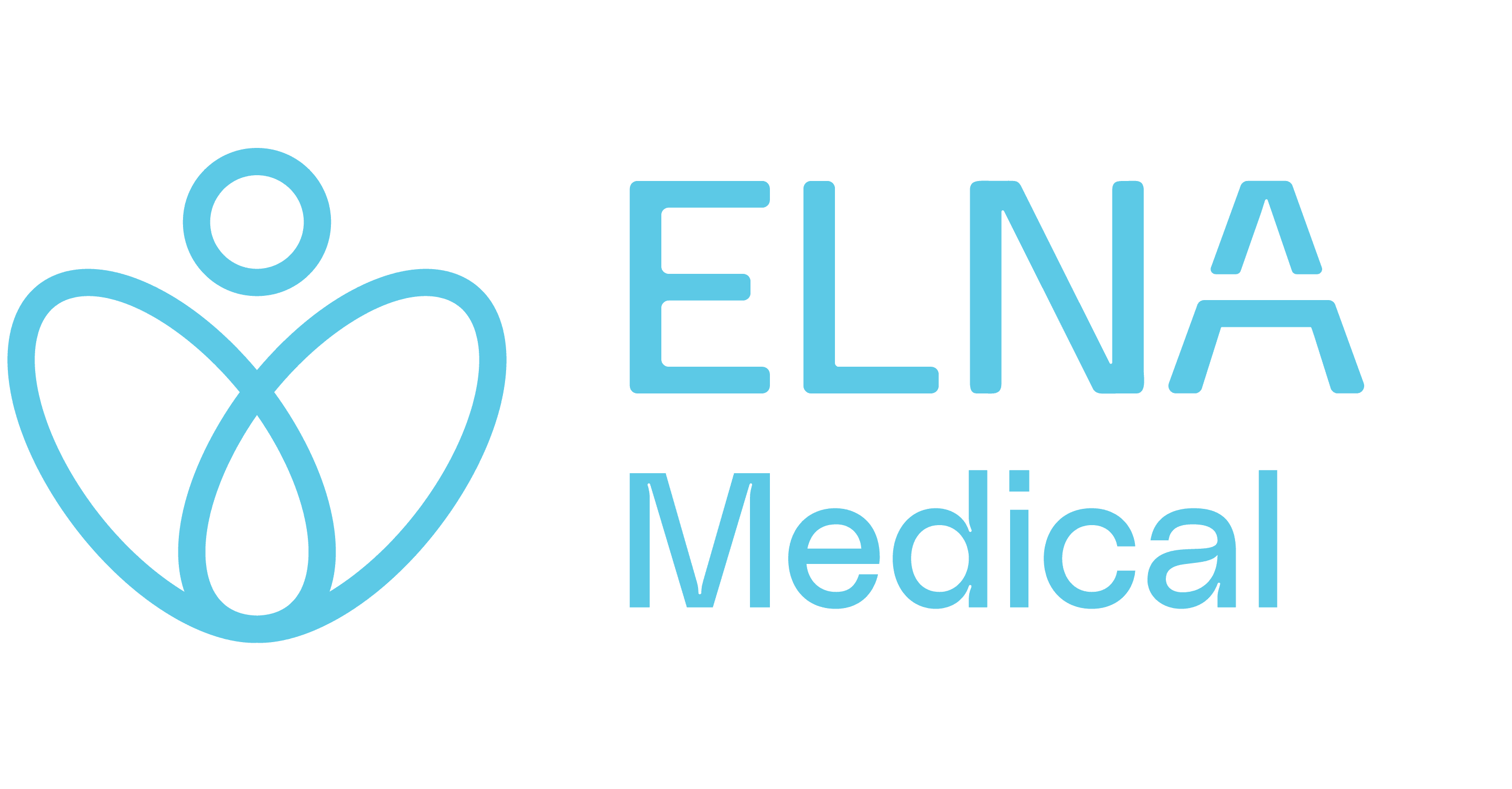Pediatric Allergy
At our pediatric allergy clinic, we offer diagnostic and treatment services for a wide range of food, environmental, animal, and drug allergies. We work with you to help you manage your child’s allergies at home and school in the best way possible.
Children can develop allergies at any age. The sooner these allergies are identified, the sooner they can be treated, minimizing symptoms and improving their overall quality of life.
Allergy symptoms can include:
- Skin rashes
- Difficulty breathing
- Sneezing, runny nose, or congestion
- Itchy eyes
- Stomach aches, etc.
Don’t wait. Book an appointment with one of our certified allergists to have your child examined today.
What happens during a consultation with a pediatric allergist?
First consultation
At your child’s first appointment, the allergist will conduct a physical examination, including a painless skin test, and ask questions in order to gain a comprehensive understanding of their health history and allergic reactions. Your child may also be referred for a blood test.
Follow-up visits
During your follow-up visit, your allergist will discuss the results of the allergy tests with you and develop a treatment plan tailored for your child. They may also recommend any of the following:
- Medication to treat symptoms
- Changes to your home or your child’s diet to avoid certain allergens (allergy triggers)
- Injections or oral medications to gradually reduce your child’s sensitivity to allergens
- Emergency medications to have on hand in case of a severe reaction.
Don’t hesitate to ask your doctor questions or share your concerns about the prescribed treatment plan. You will play a crucial role, and it is important that you have all the information you need to help your child recover.






